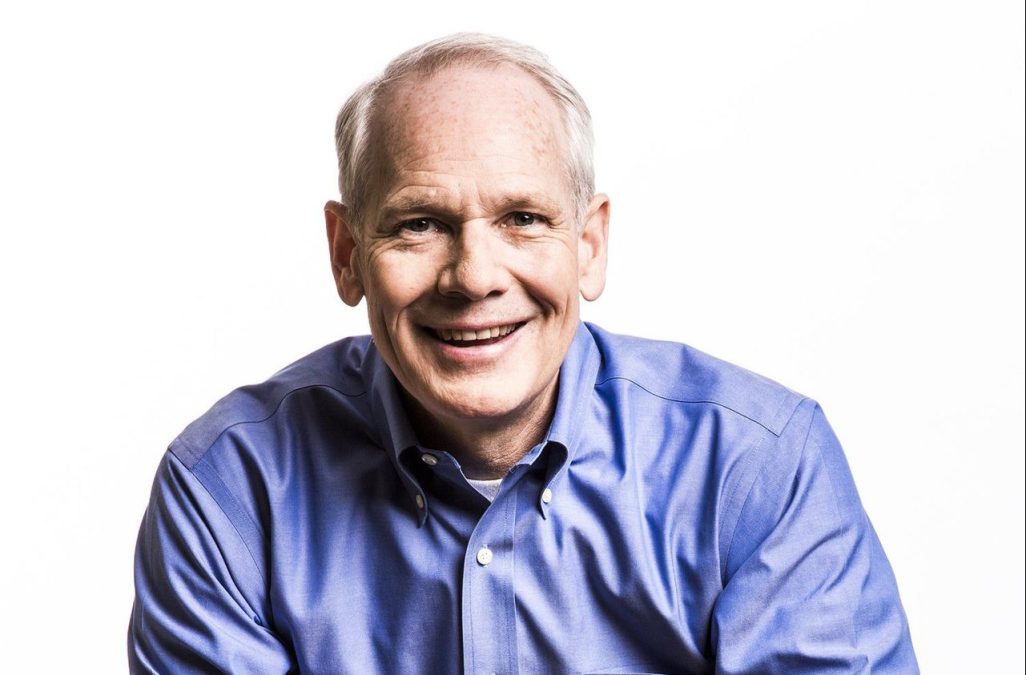In-house expertise key to working with IT contractors, VA CIO says

Government agencies must have enough knowledge of technology projects to be able to work closely with IT contractors and challenge them where necessary, the Department of Veterans Affairs’ new chief information officer said Thursday.
Speaking at a press briefing, Kurt DelBene also described working with private sector consultants as a “two-way street” and said agencies will achieve better outcomes with highly specific demands from private sector staff working with agencies.
“We will get better outcomes if we are focused … if we understand what we want to deliver and in what order,” said DelBene, who was confirmed as VA CIO in December.
He continued: “[D]o we understand what is going on in that project deeply enough that when a contractor comes back and says, ‘Let’s do it this way,’ either you know it deeply enough that you say, ‘Yes that makes perfect sense’ and impart some of the suggestions to get us there, or two, say […] ‘Let’s try to do this a different way.'”
DelBene spoke after testifying last week for a House committee hearing, during which he said large technology contractors working with the VA must be held accountable for the standard of work carried out.
Since joining the department, the former Microsoft executive has said one of his key priorities is ensuring VA staff are more deeply embedded in projects involving contractors to help improve the quality of work.
During a prior stint in government, DelBene was tapped by then-President Obama to turn around the troubled Healthcare.gov website. He has a history of leading large, complex technology teams, and at Microsoft, he was president of the division that helped transition the company’s software package to a cloud-based format.
“I spent a bunch of time with HHS when we were fixing Healthcare.gov … where that critical interlock between the customer and the developer was absolutely critical,” he said Thursday. “There were parts of how Healthcare.gov was originally designed that were not great, and that’s what happens when you have a disconnect between the two. And what we want to do is to have a deep interlock between the two instead.”





